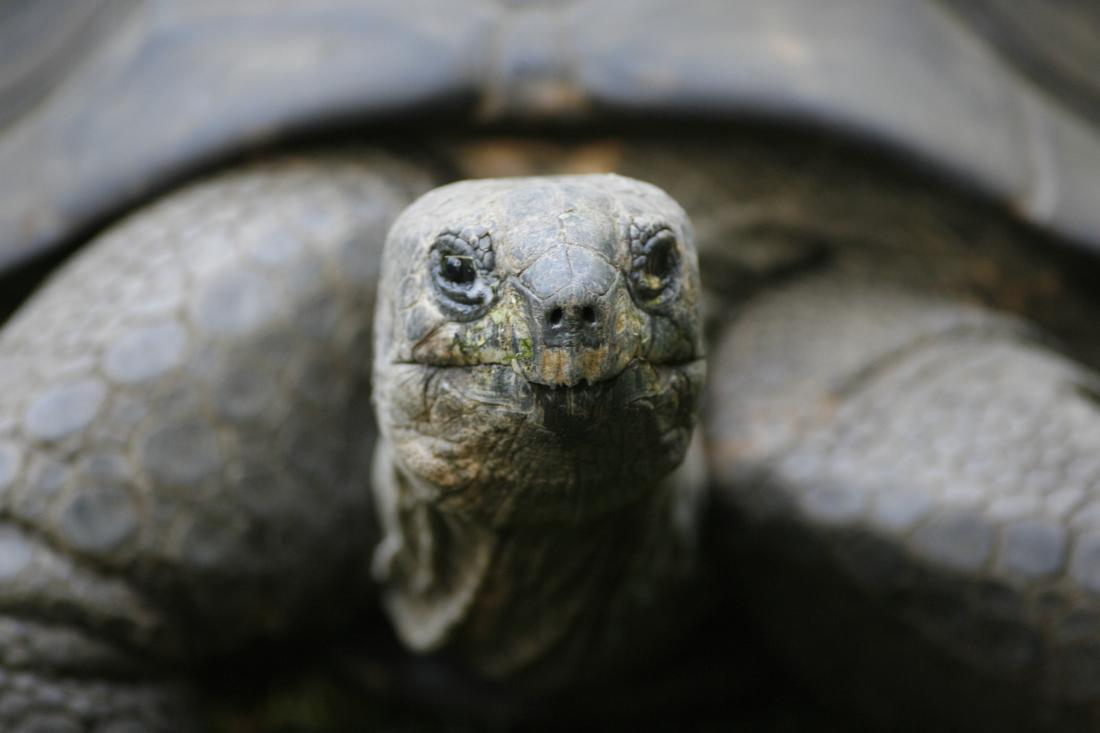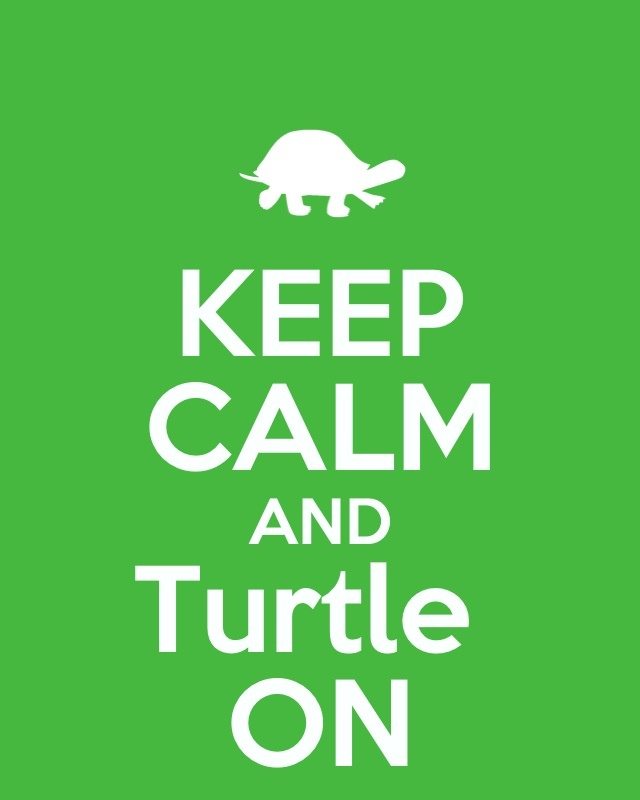 Yes, giant tortoises are still on the first place when it comes to life expectancy! The oldest living giant tortoise and, of course, the oldest animal in the world, is Jonathan, a 184-year-old cutie that lives on St. Helena Island. Scientists have not been able to discover the source of their longevity but, their slow lifestyle might be one of the reasons.
Yes, giant tortoises are still on the first place when it comes to life expectancy! The oldest living giant tortoise and, of course, the oldest animal in the world, is Jonathan, a 184-year-old cutie that lives on St. Helena Island. Scientists have not been able to discover the source of their longevity but, their slow lifestyle might be one of the reasons.
Giant tortoises have a very slow metabolism, meaning that they burn energy slower than other animals. Physiologist Max Rubner introduced, in 1908 a very interesting concept: the rate of living theory. He implied that metabolism and lifespan are connected (the faster the metabolism, the shorter the life and the other way around). His fellow scientists have debated his theory over the past century (some say that metabolism is a “poor measure of energy expenditure”) and it has been labelled as being false. But it created one thing: the phrase “Live fast, die young.”
 Although scientists didn’t discover the link between metabolism and longevity, it is believed that metabolism is connected to the creation of free radicals, unstable molecules that damage cells and that increase as more energy is burned by the body. If this theory is true, it means that tortoises live longer because their slow metabolism burns less energy and causes less damage to the cells in their bodies.
Although scientists didn’t discover the link between metabolism and longevity, it is believed that metabolism is connected to the creation of free radicals, unstable molecules that damage cells and that increase as more energy is burned by the body. If this theory is true, it means that tortoises live longer because their slow metabolism burns less energy and causes less damage to the cells in their bodies.
Other theories say that tortoises live longer than humans because of their reproductive lives and size. They have a built-in home security system and live in isolation (they can be found on a few islands) which means that giant tortoises don’t have to worr y about predators. This is a very important aspect because these animals don’t have to reproduce to keep their species alive and can “focus” on survival.
y about predators. This is a very important aspect because these animals don’t have to reproduce to keep their species alive and can “focus” on survival.
We must say that these theories are not perfect and there are still a lot of unanswered questions but we can honestly say that there are many biological and evolutionary factors involved.
So, next time somebody tells you you’re lazy, tell them about giant tortoises! Laziness can help you live longer, you know?









































































































